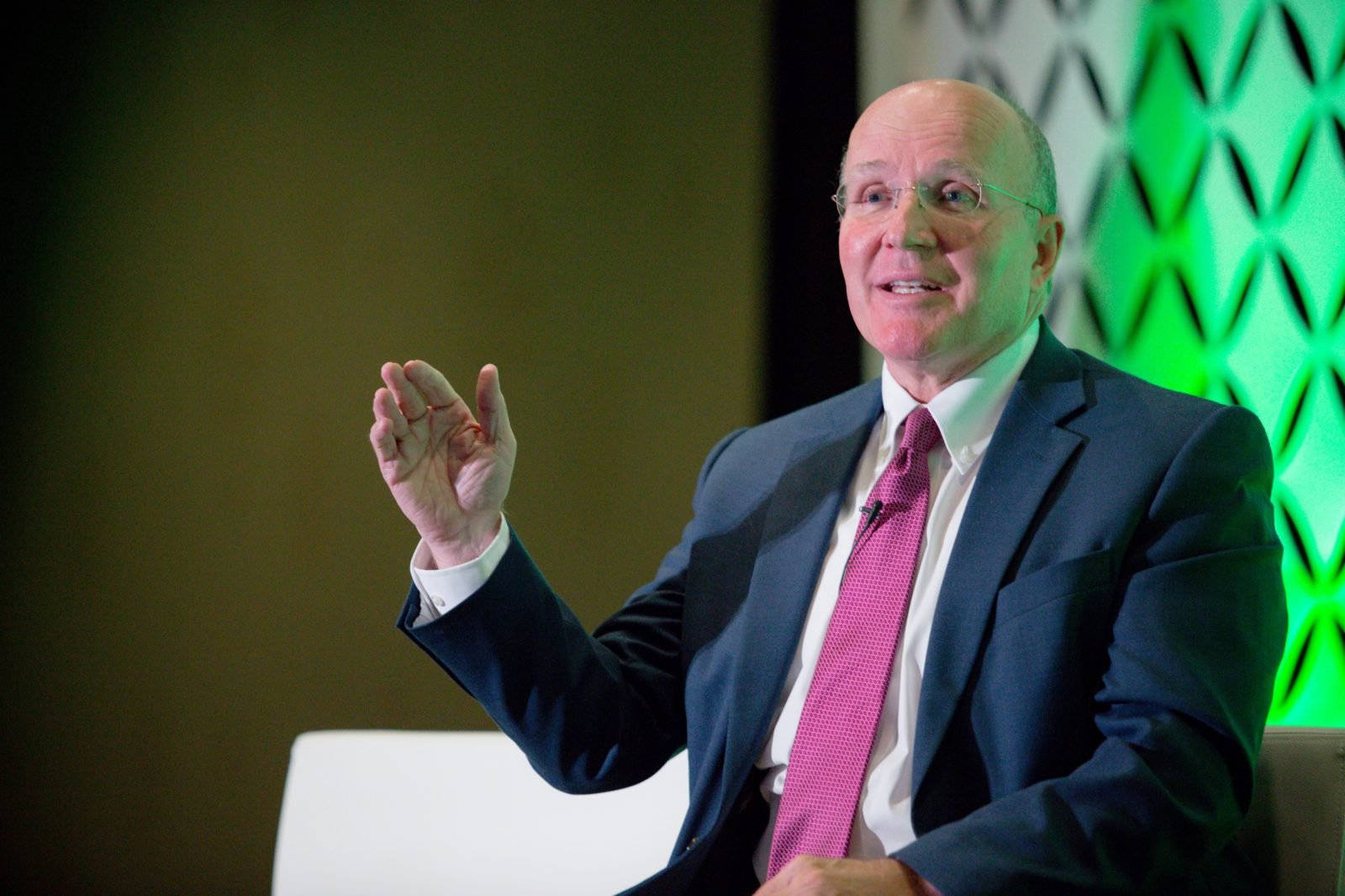This week Ron and Ed return to the work of literature for some inspiration. They delve into the pages of the Roald Dahl short story, "The Great Automatic Grammatizator" and Robert R. Updegraff's, “Obvious Adams: The Story of a Successful Businessman”. Both are available on the website that rhymes with Shamazon if you want to read them prior to listening.
Use these show notes to follow along with audio…
Segment One:
The Great Automatic Grammatizator is a story written by Roald Dahl in 1954 about an ingenious engineer who creates a machine called the Great Automatic Grammatizator that can write stories and novels in just minutes
1/4 Story summary: 📝 Lex is a struggling writer 🤔🖋️ who meets the eccentric inventor Max 🤪🔬. Max creates a machine 🤖💻 that writes perfect stories in seconds! 😱📚
2/4 📈 Lex sees the potential for profit 💰💡 and convinces Max to mass-produce the machine. They become wealthy 🤑💸, but creativity suffers 📉🤷♂️.
3/4 🖋️📜 Traditional writers lose jobs 🙅♂️📝, and stories lack heart ❤️🧡. Lex realizes the damage done and destroys the machine 🚫🤖.
4/4 Sound familiar? By the way, the tweets in this series were all written by ChatGPT.
Segment Two:
Here is a significant sentence about an author’s perspective from Roald Dahl’s short story, The Great Automatic Grammitizator: “Because she saw the machines made stuff that was better than her own”
Rory Sutherland has been encouraging people to read the superb business book, “Obvious Adams” for many years now. We found this tweet from 2016. https://twitter.com/rorysutherland/status/693412082876825601
Obvious Adams is about Adam, a simple, insightful man who sees solutions where others don't. He uses common sense to solve business problems (which can be a bit of a lost art). https://www.amazon.com/dp/0990790916?tag=verainst-20
Did you know that our Patreon.com/TSOE is sponsored by @90Minds? Need a mind? Find one at 90minds.com
Segment Three:
The "Five Tests of Obviousness" are a concept outlined in the book Ed and Ron are discussing today: "Obvious Adams" by Robert R. Updegraff https://www.amazon.com/dp/0990790916?tag=verainst-20
The “Five Tests of Obviousness” encourage you to approach problem-solving with simplicity and common sense. Remember, sometimes the most effective solutions are the ones that are right in front of us.
Have you heard this in a business context? “We tried it before and it didn’t work.” Based on the “Five Test of Obviousness”, maybe the timing wasn’t right???
“Sometimes the first duty of intelligent men is the restatement of the obvious” —George Orwell.
Segment Four:
“If you have always done it that way, it is probably wrong.” —Charles Kettering
Related to the “Five Tests of Obviousness”, Ron and Ed talked about the “5 Creative Approaches To The Obvious” on segment four of the show. Here is a quick link: https://marketinghuddle.com/wp-content/uploads/2010/12/Obvious-Adams-The-Lost-Sections.pdf
This link has a PDF of the 5 creative approaches to the obvious https://marketinghuddle.com/wp-content/uploads/2010/12/Obvious-Adams-The-Lost-Sections.pdf
Bonus Content is Available As Well
Did you know that each week after our live show, Ron and Ed take to the microphone for a bonus show? Typically, this bonus show is an extension of the live show topic (sometimes even with the same guest) and a few other pieces of news, current events, or things that have caught our attention.
Click the “FANATIC” image to learn more about pricing and member benefits.












